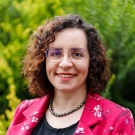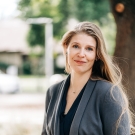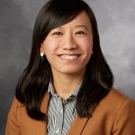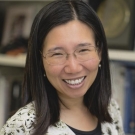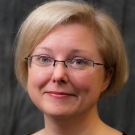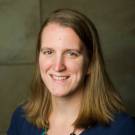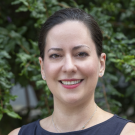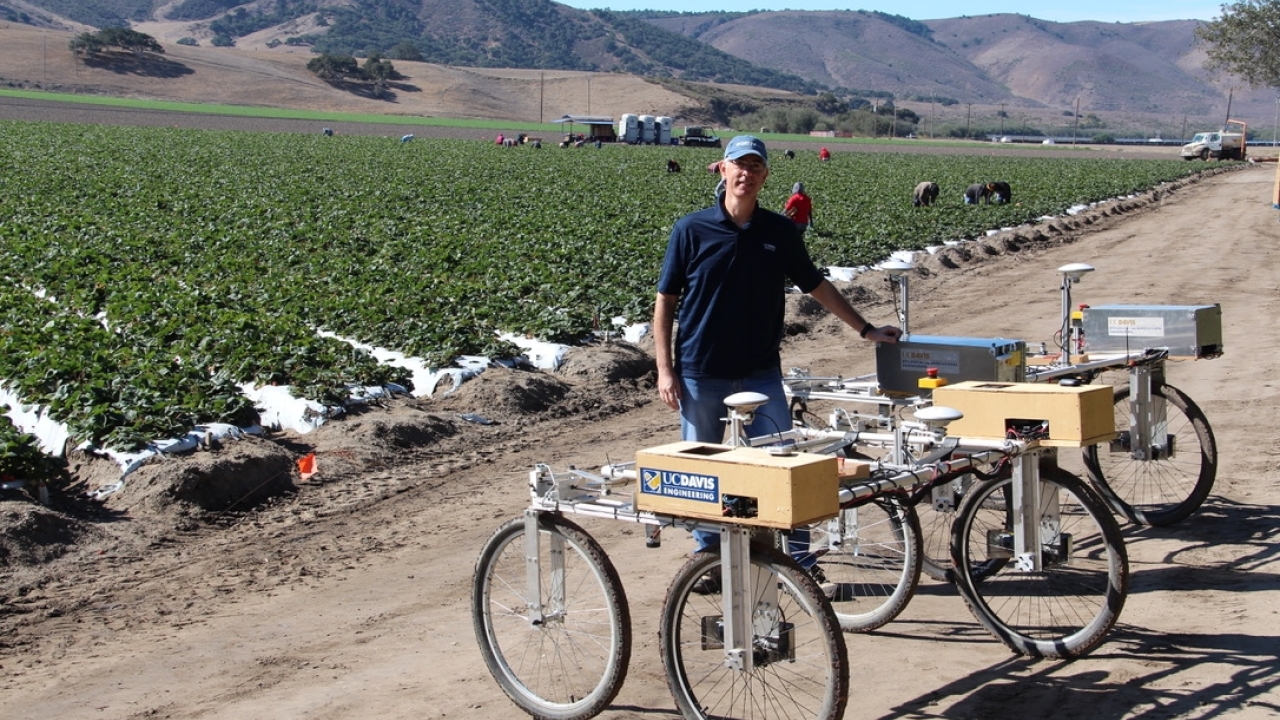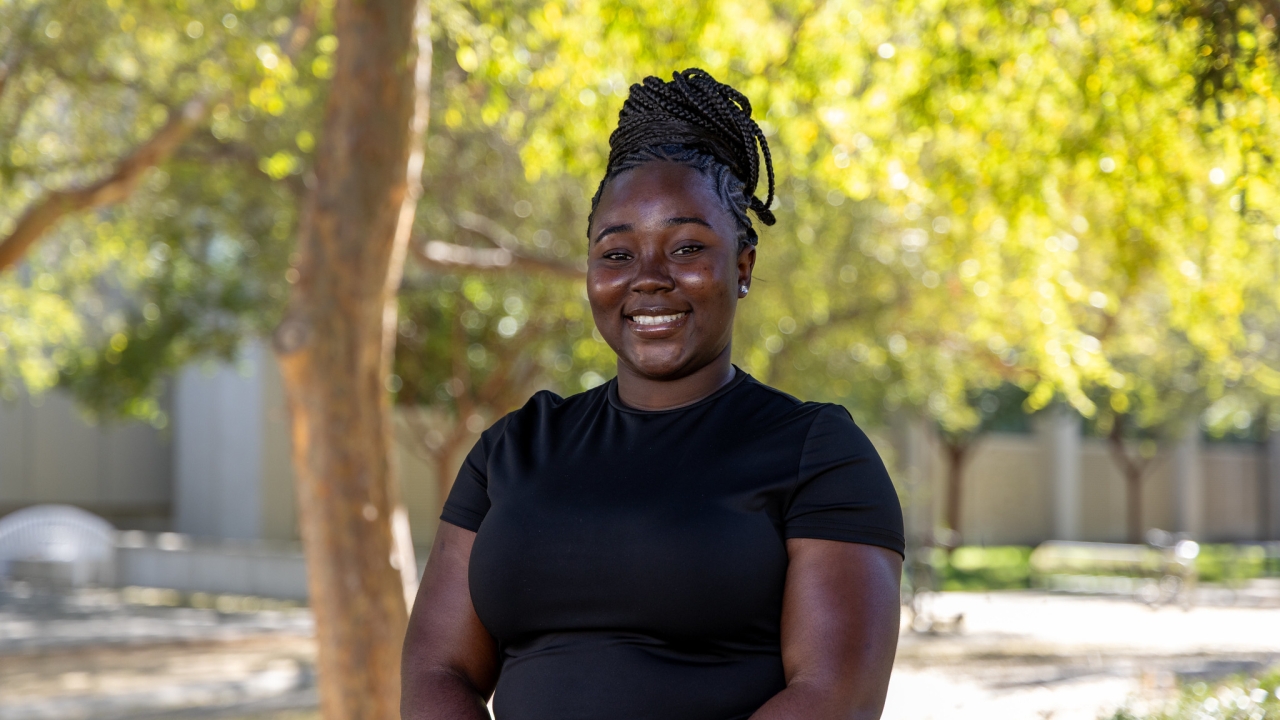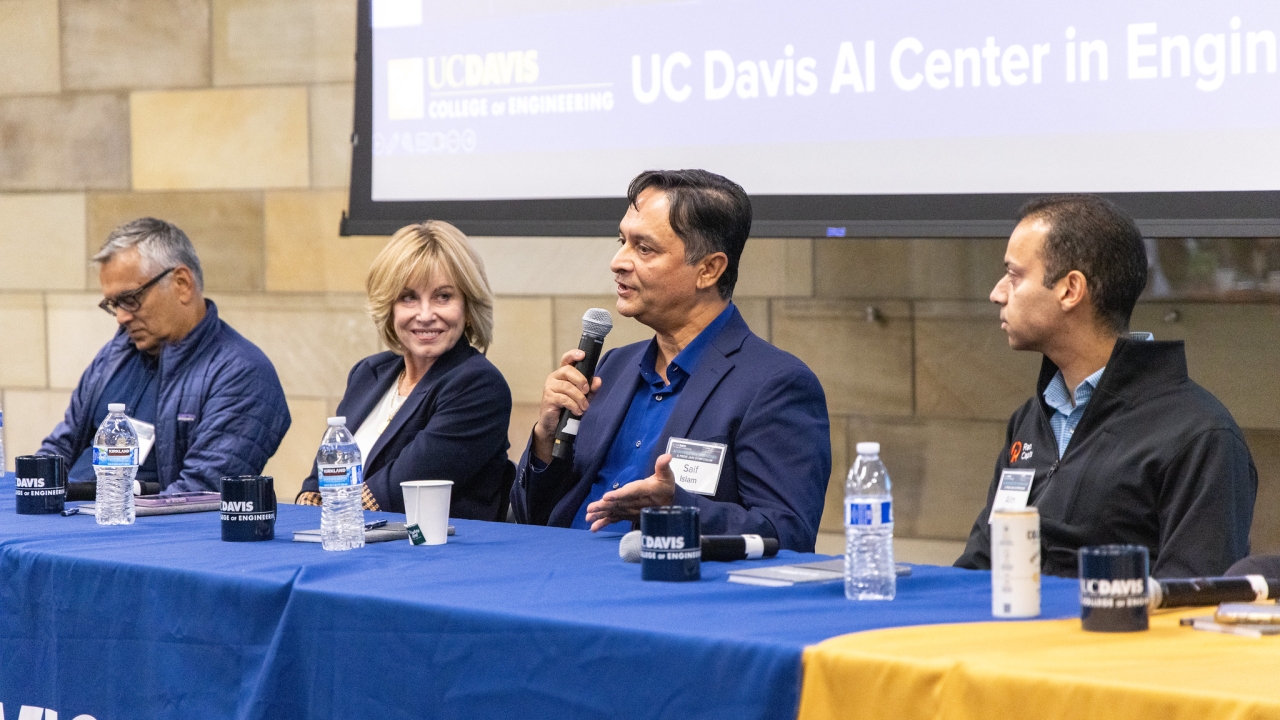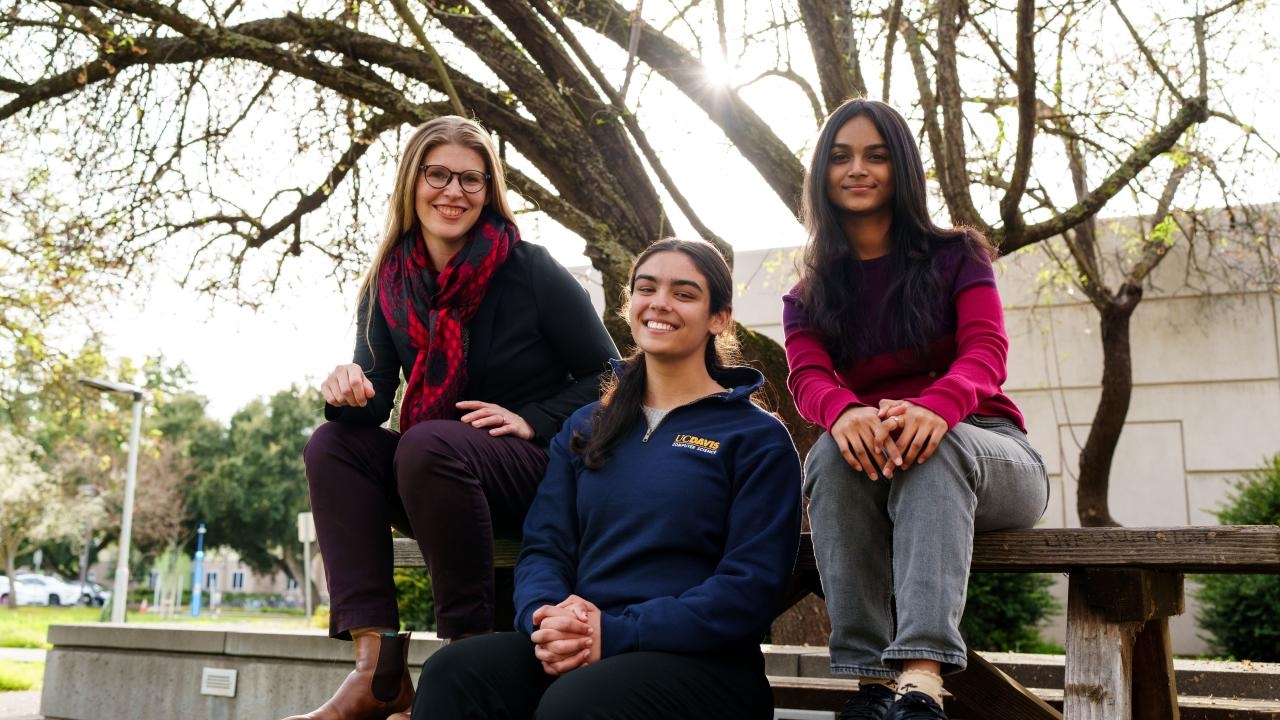
International Women's Day: UC Davis Women in Engineering Inspire Inclusion
In honor of International Women's Day on March 8, the University of California, Davis, College of Engineering recognizes women in engineering, their journey to and in the field, and how they promote a diverse, equitable and inclusive world.
We spoke with undergraduate students, graduate students and faculty members throughout the college's eight academic departments. Meet these remarkable women and learn how they inspire inclusion in engineering.
Some responses have been edited for clarity and length. Click the name to read full-length interviews.
What inspired you to pursue engineering? Describe your journey to UC Davis.
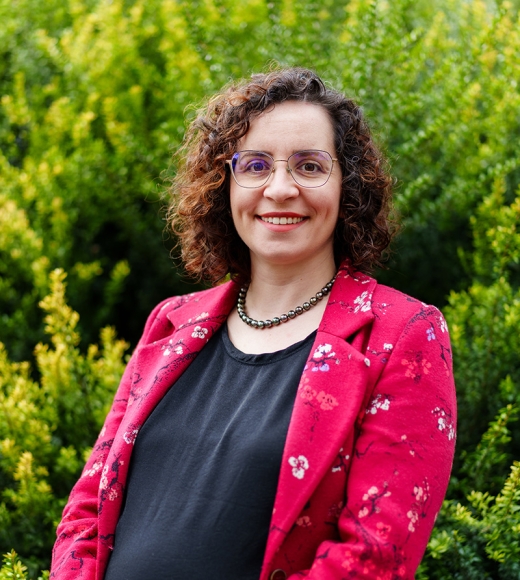
Marina Radulaski
Associate Professor, Electrical and Computer Engineering
I love the interdisciplinarity of engineering and its impact on real-world solutions. I studied physics and computer science as an undergraduate student in Serbia, then applied physics and electrical engineering for my Ph.D. and postdoctoral training at Stanford University. Joining UC Davis half a decade ago allowed me to combine all these fields into a research program that builds and uses quantum information hardware, which is a revolutionary technology in computing, communication and sensing.
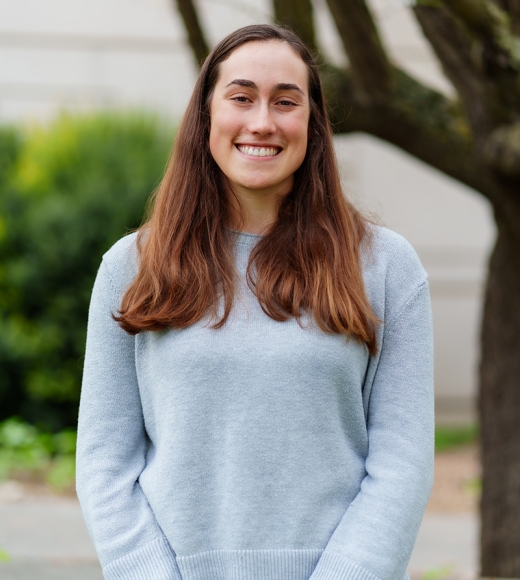
Alexandria Shick
Undergraduate Student, Biomedical Engineering
During high school, I remember touring a lab that was developing an adaptive MRI machine that would be able to sense and adapt to patients' movements. This would mean that the imaging would not be disrupted if someone moved during the process (unlike the current technology). This inspired me to pursue biomedical engineering, with the goal of making adaptive technology for patients, especially children. I began to search for programs and was elated by the opportunity to join the biomedical engineering department at UC Davis!
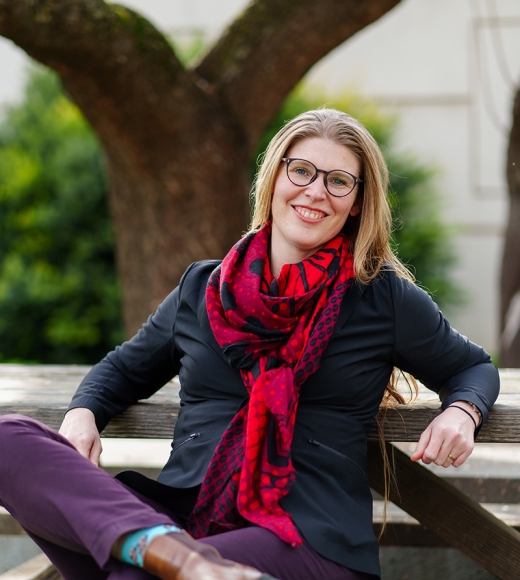
Maike Sonnewald
Assistant Professor, Computer Science
The engineering discipline is one where ideas and fundamental insight are turned into actions. I love science for the sake of scientific discovery, and I firmly believe it is necessary, but the aspect of engineering that targets actionable insight bridges the gap between pure science and societal impact. My journey to Davis started with two master's degrees and one Ph.D. at the University of Southampton. I started with a M.S. in Oceanography, but my passion for complex systems dynamics (for example, chaos theory) and computer science moved me to shift from oceanography to computer science. From here, I won funding to combine the two in my Ph.D. After my Ph.D., I joined the Massachusetts Institute of Technology to continue my work as a postdoctoral associate, and after this, I went to Princeton University as an associate research scholar. I was delighted to join the faculty of the UC Davis Department of Computer Science in 2023 and see Davis as an ideal home to continue my deeply interdisciplinary work.
Describe your current research and its impact.
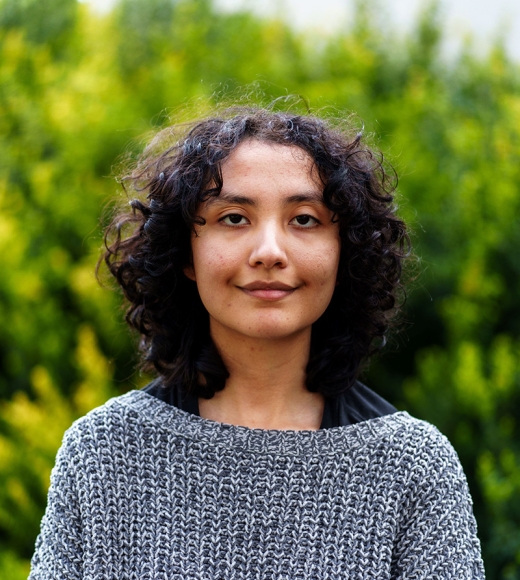
Zbynka Kekula
Undergraduate Student, Electrical and Computer Engineering
My research interests are related to optics and solid-state devices for quantum information processing and related applications. Currently, in INANO Lab with Professor Saif Islam, I am working on characterizing the noise of single photon avalanche detectors. My previous experience was designing photonic devices for quantum information processing with Professor Marina Radulaski. My research interests will impact the field of optics and quantum information science.
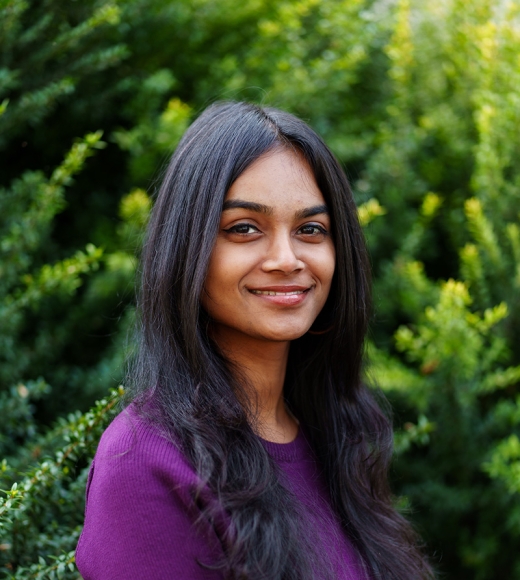
Saisha Pradeep Shetty
M.S. Student, Computer Science
Currently, I am actively engaged in a research project alongside Professor Setareh Rafatirad, exploring the integration of gamification into artificial intelligence, or AI, education through serious digital games. These educational tools, which are crafted to impart training objectives while infusing game-like elements, have gained significant relevance in the dynamic landscape of AI learning. Our study is a comprehensive analysis of various serious games within the domains of AI, machine learning and data science. The primary objective is to discern their capabilities and pinpoint potential gaps, offering a nuanced understanding of how these games effectively deliver specific learning outcomes, facilitate skill development and enhance problem-solving experiences in the field of artificial intelligence. Beyond the academic realm, our work seeks to make a lasting impact in an era where AI education is of paramount importance. We aim to contribute valuable insights that advocate for equitable learning experiences. We believe serious games can make AI education accessible to all, offering an inclusive and engaging path for learners from diverse backgrounds.
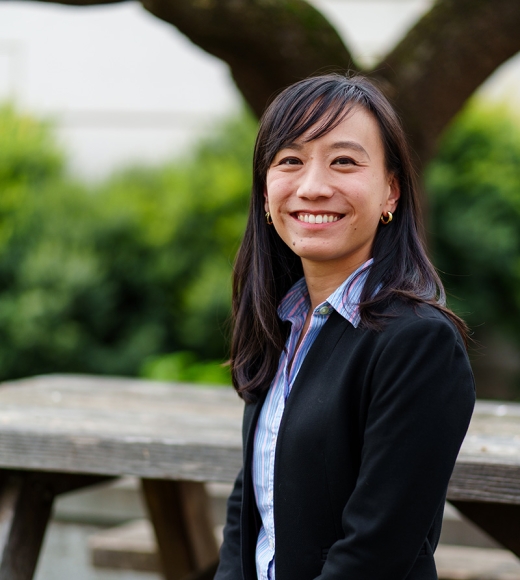
Audrey Fan
Assistant Professor, Biomedical Engineering
Our lab develops novel magnetic resonance imaging, or MRI, and positron emission tomography, or PET, methods to understand brain function. Specifically, because the brain is energetically demanding, we create new ways to image cerebral blood flow and oxygenation as measures of brain health. If we are able to non-invasively scan brain blood flow and oxygen usage, this information can alert us to changes in vessels of the brain before a person develops stroke or dementia. These images will also give us an opportunity to intervene and monitor lifestyle changes that can promote healthy brain aging. We are part of the Neuroimaging Core of the UC Davis Alzheimer's Disease Research Center and strive to support vascular brain health in diverse communities.
The 2024 International Women's Day theme is #InspireInclusion. Why is it important to "inspire inclusion" in the engineering field?
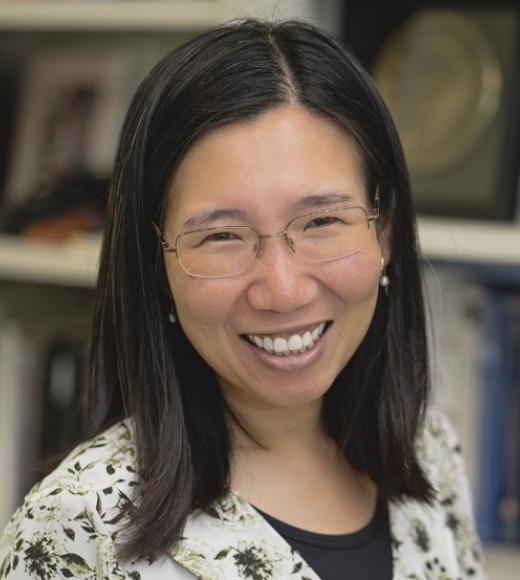
Chen-Nee Chuah
Child Family Professor in Engineering, Electrical and Computer Engineering
Women are still underrepresented in the engineering field due to complex reasons, and there remain non-technical barriers that hinder the retention of women in the engineering field. True inclusion calls for better understanding of the unique challenges faced by women (as well as other underrepresented groups) in engineering and a fundamental shift of family/societal support structures.
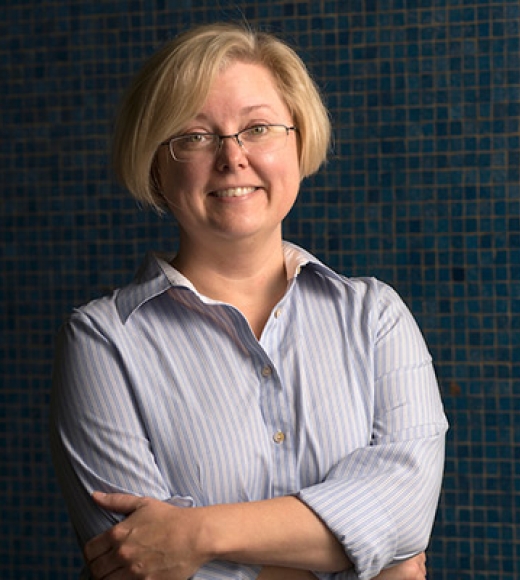
Cristina Davis
Associate Vice Chancellor for Interdisciplinary Research and Strategic Initiatives and Professor, Mechanical and Aerospace Engineering
For our engineered systems to be the most effective, it is important that representatives from our entire society are involved in creating the solutions. Different perspectives, ideas and thought processes enhance the design process. It allows us to provide engineering solutions for all.
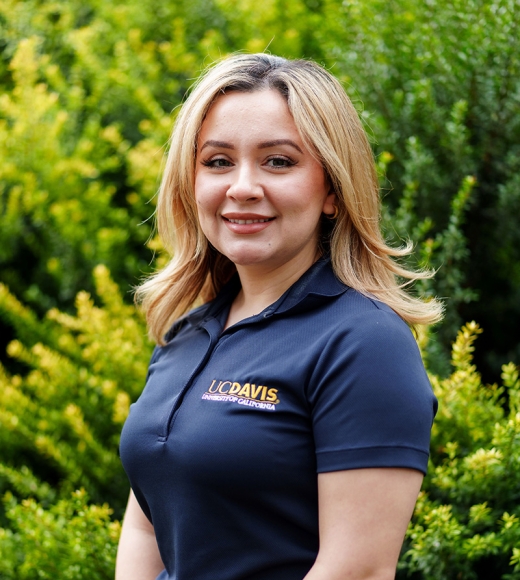
Raquel Pimentel Contreras
M.S. Student, Mechanical and Aerospace Engineering
When I began my journey in engineering, there were only 2-3 female students in all my classes. Often, I encountered skepticism and discouragement from my male peers, who implied that engineering was a "man's field" and not suited for a girl. This experience demonstrates the importance of reassuring young girls passionate about science, math, tools and cars that they are not alone. It's crucial for them to understand that with determination, they can accomplish whatever goals they aspire to, regardless of the field. There is no better satisfaction than achieving your goals and proving everyone wrong.
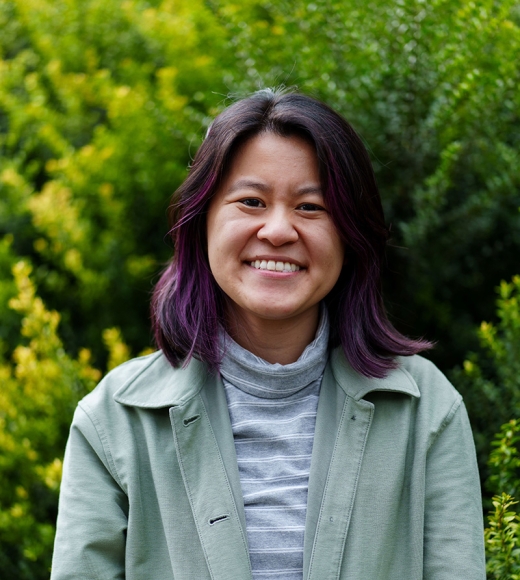
Vivian Vuong
Lecturer, Biological and Agricultural Engineering
Everybody belongs in engineering! Engineering is about creatively using our engineering skills to help the world. Diversity in engineering means we can have so many points of view and life experiences working on the same problem — increasing creativity in problem-solving!
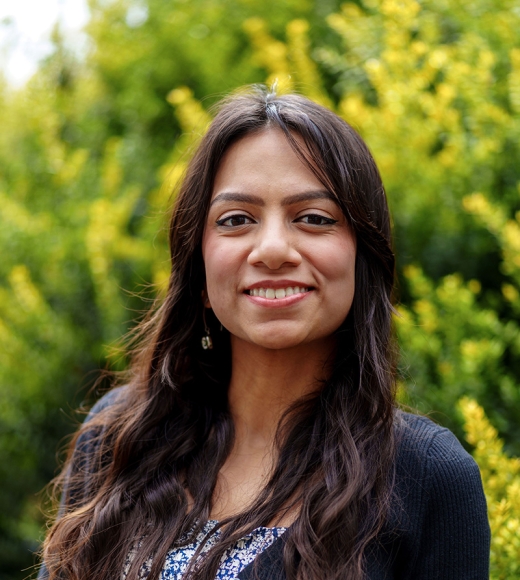
Fizza Usmani
Ph.D. Student, Chemical Engineering
As a female engineer, I am often one of the few women in the room and have often felt that I needed to prove my intellect and prove that I deserved to be where I am, whereas my male colleagues have always been afforded the benefit of the doubt. It is also not lost to me that even the most well-meaning progressive men I know do not and will not ever fully understand the struggles we face. It is important to have women in the field because we recognize this problem. The more women we have in the field, the more we can rise up, and eliminate these baseless biases on a systematic level.
Additionally, in my eyes, engineering is just several people solving small problems to come up with a larger solution (or a product), and everyone brings their own unique perspectives to the table. We cannot do justice to this task if we ignore and keep out one-half of the world's population, not on the basis of merit but on the basis of gender.
What people or programs have inspired inclusion throughout your journey in engineering?
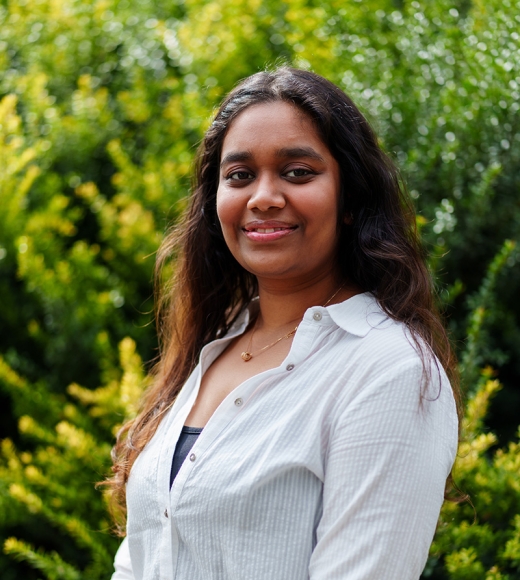
Poorvi Daga
Undergraduate Student, Biomedical Engineering
The entire UC Davis community I am surrounded with has inspired inclusion in my engineering journey. From my professors to advisors to peers, everyone has had a significant impact throughout my journey. Being able to gain access to various opportunities as an aspiring engineer makes me value the connections I have built over the years. However, a quarter studying at the UC Davis Health Campus as a part of the Quarter at Aggie Square program has allowed me to perceive inclusivity in the field of research and engineering in a totally different manner. The program provided an immersive biomedical engineering experience for me as an undergraduate where I got to interact with leading researchers and experts in the field of health sciences. Learning from each one of them and their stories about what led them to pursue their field of interest has significantly inspired my future goals as an engineer and understand the importance of inclusion.
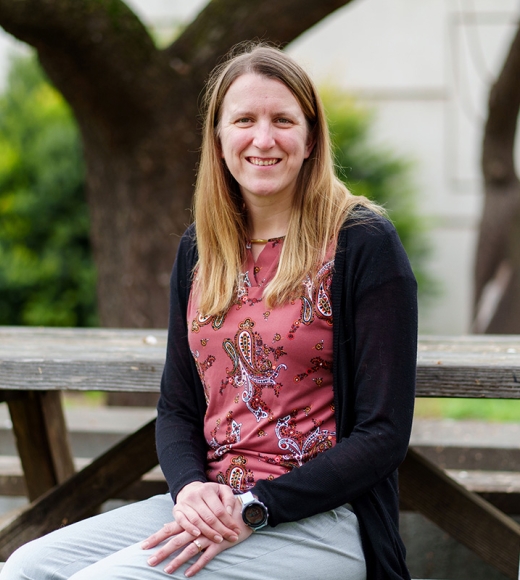
Susan Gentry
Associate Professor of Teaching, Materials Science and Engineering
My mom was a Ph.D.-level chemist, so I grew up thinking it was normal to do pH testing with red cabbage juice in Girl Scouts! As I've become an adult, I've become more appreciative of women's experiences, both historical and in the modern era. For instance, there is a well-documented story of inequities experienced by women faculty at the Massachusetts Institute of Technology into the 1990s, which would have been when my mom was busy working and parenting my siblings and me.
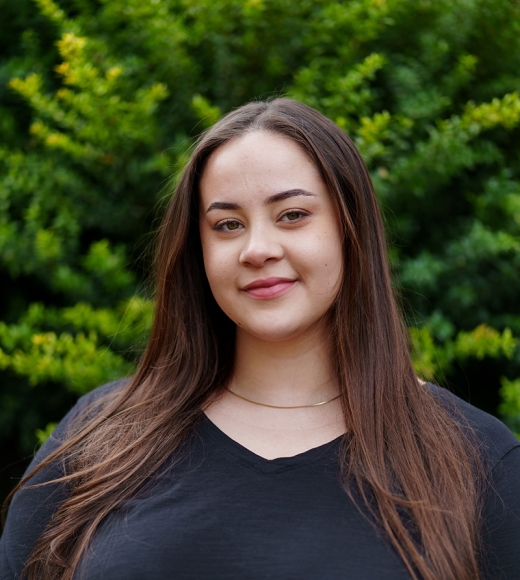
Tiffany Harrend
Undergraduate Student, Materials Science and Engineering
The Leadership in Engineering And Diversity Retention, or LEADR, program at UC Davis has inspired inclusion during my undergraduate career by creating a supportive and resourceful environment. Professors Susan Gentry, Marina Leite and Camli Badrya are inspiring professors who have had a long-lasting impact on my confidence in engineering.
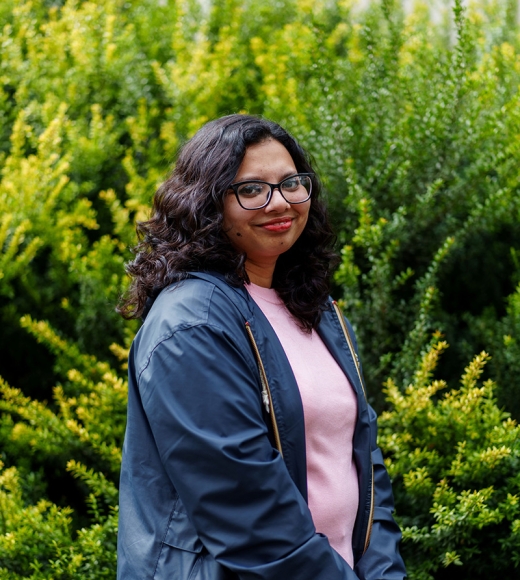
Nushrat Naushin
Ph.D. Student, Materials Science and Engineering
In my grad school, my major professor, Dr. Roopali Kukreja, not only guided me in understanding the science behind my work but also helped me mold my thought process on pursuing graduate education and research. She helped me to be more positive about the obstacles I faced during my research and to learn from them. My lab mates Rahul, Jugal, Scott, Meera, Surya and Pooja have been extremely helpful and supportive during my initial time settling down in the lab at UC Davis. If not for the support of all these people, or, should I say, if not these people inspired inclusion in my journey in engineering, I would not be in the current state I am in.
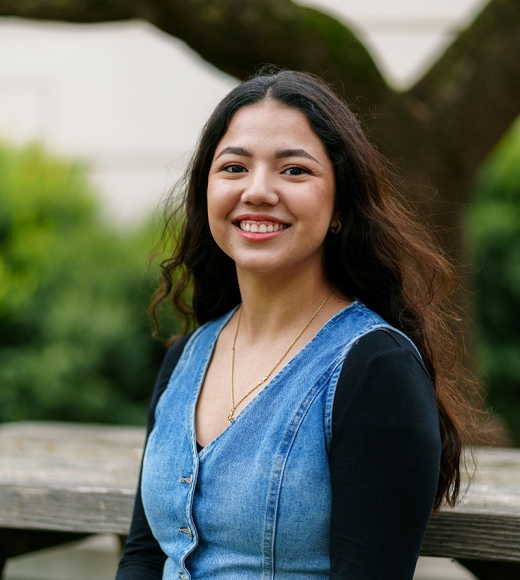
Maya Ramirez
Undergraduate Student, Civil and Environmental Engineering
Engineers Without Borders, or EWB, inspires inclusion in engineering by encouraging engineers to use their skills for global good. They focus on projects that directly help communities in need, fostering collaboration among students. By working closely with these communities, EWB promotes inclusivity, respecting different perspectives and cultures. This approach not only makes engineering projects more effective but also creates a more inclusive and culturally aware engineering community.
How do you make others feel welcome in engineering and promote diversity and equity in the field?
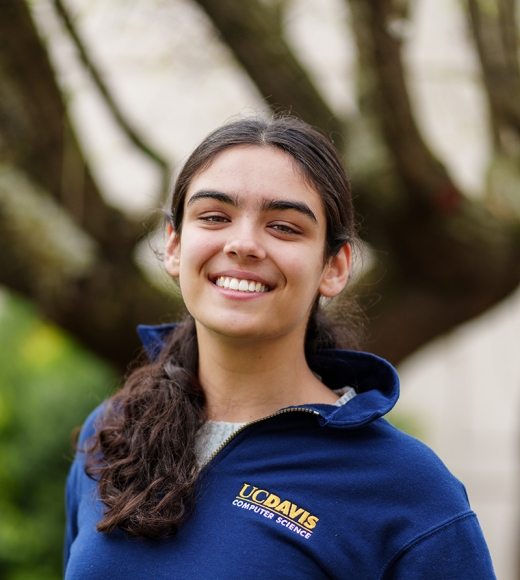
Aine Keenan
Undergraduate Student, Computer Science
The key philosophy I run with is that "a rising tide lifts all ships," which drives me every day to welcome others and promote diversity and equity. I do not see others as a competitor — there are enough resources for all in the world of engineering — but instead, I see my role as supporting others to improve the community for everyone.
I welcome others in engineering and promote inclusion by being President of Women in Computer Science. We aim to provide technical, professional and personal support for anyone interested in industry or academia related to computer science — no matter the major or experience level. We are a community and provide social events to feel you have a home in the technology world. These different approaches to computer science aim to have all women feel empowered, strong and confident when approaching the technical community.
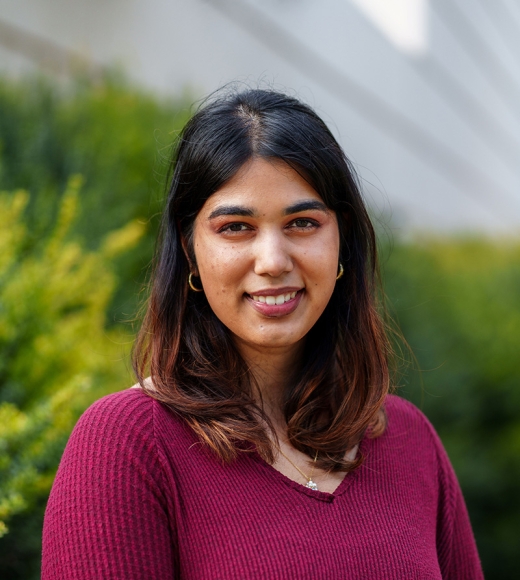
Kavya Khare
Undergraduate Student, Electrical and Computer Engineering
As the co-president of the Club of Future Female Electrical Engineers, or COFFEE, I love to help create events targeted towards promoting academics, retention and community among women and underrepresented gender identities in the electrical and computer engineering department. We have hosted weekly study hours, skill-based workshops, industry speaker events, resume boosters, mentorship programs and fun socials. Overall, I like to envision our organization as a "pit-stop" for any woman or underrepresented student in the department. Here, our members can tap into a familiar community, access resources, recharge, destress and leave feeling empowered to take on any future academic or professional challenge.
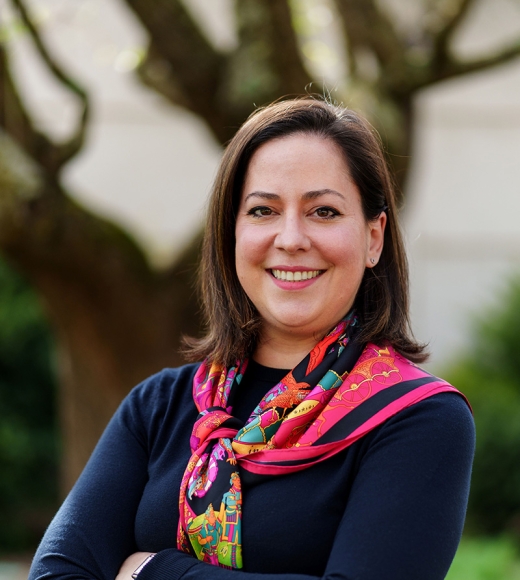
Katerina Ziotopoulou
Associate Professor, Civil and Environmental Engineering
My passion for mentoring and promoting diversity, equity and inclusion has informed all my actions and all my interactions in teaching, research, public service and training inside and outside of the university by mindfully existing and talking really. I never hide who I am, where I come from and how my life is. I share my happy moments, but I also share my struggles and their source(s). I am transparent with my thoughts and actions and lead by example. In my interactions in the classroom or larger or smaller groups within and outside of the university, I always promote diverse perspectives and backgrounds. I collaborate with people who share my values and ensure that everyone has equal access to opportunities for education, training and career advancement. Alas, this is not a linear journey... You need to always be reevaluating your approaches and your actions. Thus, apart from actively seeking input and growth opportunities, I strive to be open to feedback such that anyone can tell me where I have been wrong and work on that.

